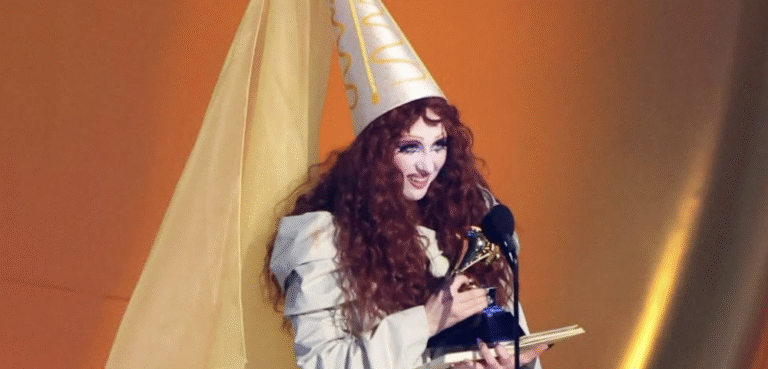
Norway’s Tooji on Eurovision, sexuality and why he’s banned from Iran
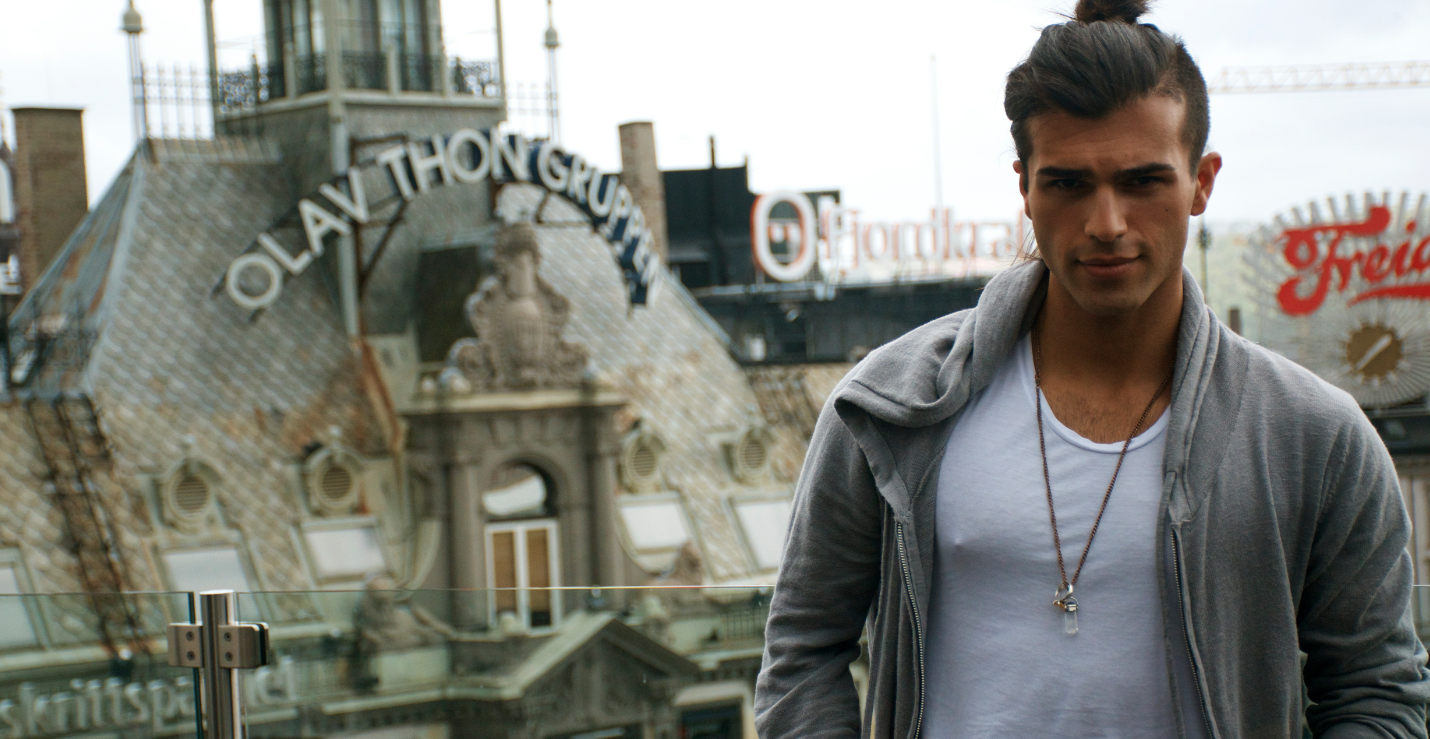
THE name Tooji should be synonymous to keen Eurovision fans with the world’s biggest display of wind machines, costume reveals and key changes.
Either for his song, his disappointing final result or his off-screen drama involving 2012 host country Azerbaijan’s controversial human rights record, the Norwegian entrant certainly had an interesting experience.
The Iranian native who fled the country with his family at a young age had musical aspirations early but — like Ireland’s 2013 entrant Ryan Dolan — stumbled into a music career after inadvertently finding himself filling in for a singer.
“I definitely was a musical kid but I actually forgot about it until I saw some old footage of me when I was about three or four standing in front of the whole family basically showcasing to them all,” Tooji told the Star Observer.
“I didn’t dare to dream about music before I was about 19 because every time I would sing everyone would be like ‘oh, shut up Tooji’. My first main experience wasn’t until a fashion show kind of thing where a singer didn’t turn up and the head organiser started to stress. I was there for the show but she pointed me out and asked me to fill in.
“I kind of realised that I had this musicality and performing nature in me and wanted to make something more of it, so a while after that I made a demo and experimented with studios and different songs.”
Tooji’s first venture into serious performance, and a means by which to overcome certain anxieties, came about after his manager suggested he represent Norway at Eurovision. In a matter of months, he had won Norway’s national selection competition for the 2012 song contest in Baku, Azerbaijan.
“I really just wanted to start my career in Norway and I certainly achieved that so I’m very thankful for the experience and exposure Eurovision gave me. It really just happened all overnight,” he said.
“I was shit scared my first time on stage. I literally thought I may have just pissed myself. You know that feeling when you’re so nervous and you go numb and warm? I actually thought, ‘did I just piss myself on national television? I really hope not’.”
Despite competing in the same year as one of Eurovision’s most iconic winners and songs, Loreen, Tooji was considered one of the year’s favourites but ended up coming third-last. He believes he fell victim to off-screen drama involving some negative attention caused by Norwegian satirists and his involvement in questioning Azerbaijan’s record on human rights.
“It all went so well, it’s just a shame it didn’t turn out that way in the final,” he joked.
Swedish winner Loreen was reprimanded for criticising Azerbaijan’s human rights record and for supporting protests that occurred on the sidelines of the contest in Baku. Tooji knew he was limited in how much he could say, and during his Eurovision performances wore a green bracelet indicating his solidarity and support for those protesting for LGBTI and women’s rights in the country.
He explained that in addition to wanting to voice his support for the protests and rights for marginalised communities — an issue that is of great importance and significance for him — he wanted to shine a light on his native Iran’s human rights record.
It was something that resulted in Tooji being banned from ever returning to his native land.
“Yeah, that bitch got in some trouble, I got banned from Iran,” he joked.
“My family left everything and everyone they loved to give me the opportunity that I’m experiencing today, for me to have the chance to stand in front of the international press, speak out and maybe just contribute just a little bit to raising awareness of what’s going on in Iran, where students are being killed every fucking day for dancing.
“I couldn’t criticise Azerbaijan directly while I was in the country but for me, by criticising Iran, I tried to be critical of Azerbaijan as well. I knew I was going to be banned, I knew it.”
Fighting for the rights of women, children and LGBTI people is a cause that comes naturally to Tooji, not only because of personal experiences in Iran with his family, but also because of bullying during his childhood in Norway.
“I think it’s just basically being a human. How could I not be interested in standing up for human rights? As a human race we want to be told how to think and we want these boxes to tick and clear lines to follow,” he said.
“But I think one of the main issues for us is that we don’t look inwards because if we do, we will all see that everything is love and all this hatred towards women, gays and minorities, along with hate in general, is taught.
“I was bullied a lot in my childhood and my family experienced a lot of racism when we came to Norway. It was surprising because the perception is, and many Norwegians and Scandiavia
Having experienced racism and bullying at school did not leave the singer resentful and bitter, although being embraced and being asked to represent Norway at Eurovision by popular vote gave him heart.
“After I won the national competition I was asked by a journalist who I had just told about my bullying in school, whether this was all some form of revenge or something,” he recalled.
“‘Revenge for what? Revenge for who? Not in any way at all’ I don’t have any grudges, I don’t have any hard feelings against anyone. I actually met a few of the people that bullied me later on and I had nothing but love for them. I really do believe that everyone comes into your life for a reason and to teach you something no matter how fucking hard it is.
“It was amazing to have the country support and embrace me the way they did but at the same time, when I came third-last, I felt that I had really let Norway down.”
Nonetheless, he said his experience at Eurovision, coupled with the fallout from Norway’s 2011 national tragedy involving mass murderer Anders Breivik, left Tooji with a sense that he become Norwegian.
“Previously on every Norweigan national day I had felt like an alien but after the experience of Eurovision, and before the devastation felt following the terrorist attack on those young, young people, so many of which came from minorities, I felt a lot more like a true Norwegian,” he said.
“I’m so proud to call myself a Norwegian now, I wouldn’t dream of calling myself anything else.”
LGBTI persecution and discrimination at the hands of religious bodies is of particular interest to the singer, who has a major project tackling that topic being released on June 8.
“I think that it’s crazy that being gay is still an issue for so many people in Europe. It’s crazy that just loving another adult human being is an issue for anybody. It’s something that has been haunting me because we’re not straight or gay,” he said.
“We’re more complex than that. We’re so much more colourful, I really think it’s religion that has shaped so many of our norms, especially with regards to sexuality and gender.”
Tooji has been the subject of on-going speculation regarding his sexuality for a few years, something of which he has addressed before, stating that it is his sexuality is his own business.
“People think it’s their right to know my and anyone else’s sexuality and privacy. It’s just not. I do music, I share what I do with people and when it comes to who I have sex with, if I want to have sex with boys or with girls, it’s really nobody’s fucking business,” he said.
“I think it’s stupid with the apparent necessity for people to come out if they’re gay. It’s obviously important on one hand that it can serve a purpose of being a role model for some but at the same time, who has to come out as straight?”
To listen to Tooji’s song Father — the official song for this year’s Oslo gay pride festival — visit http://www.mynewsdesk.
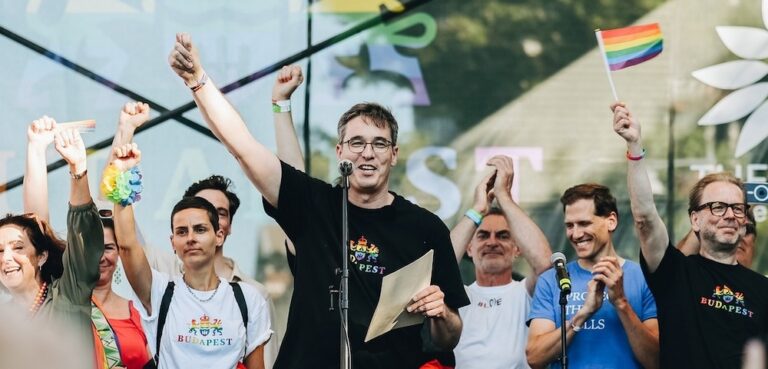

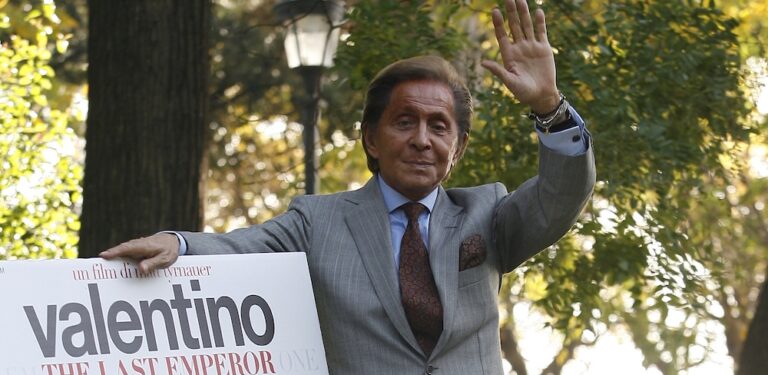
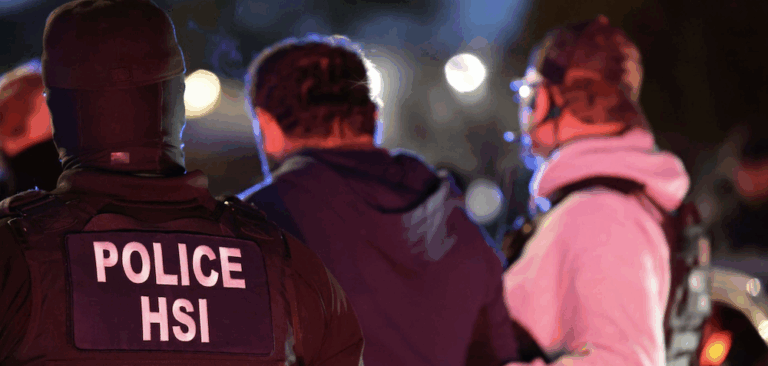
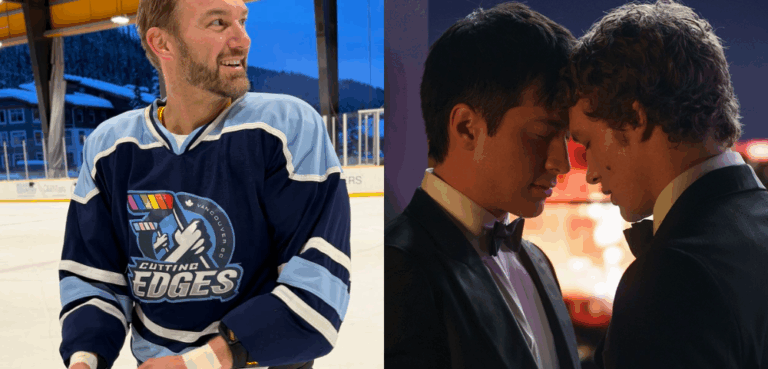

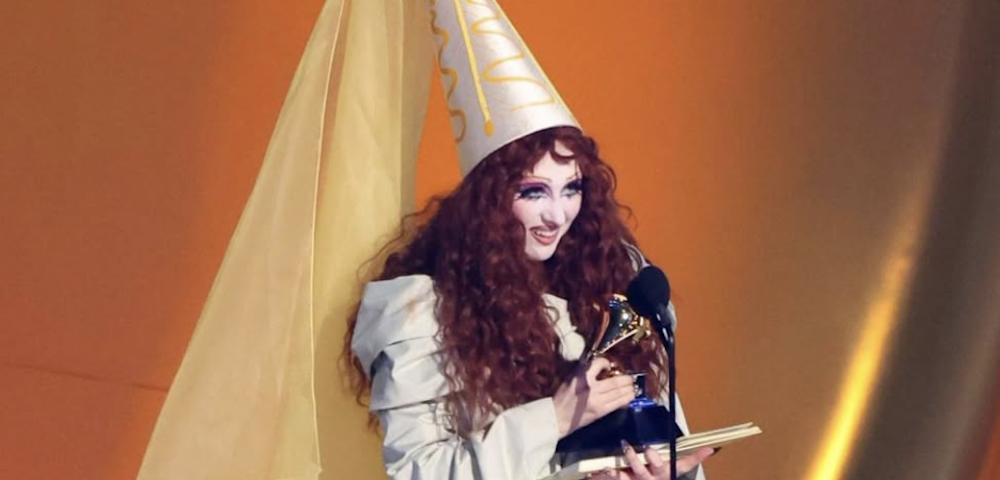
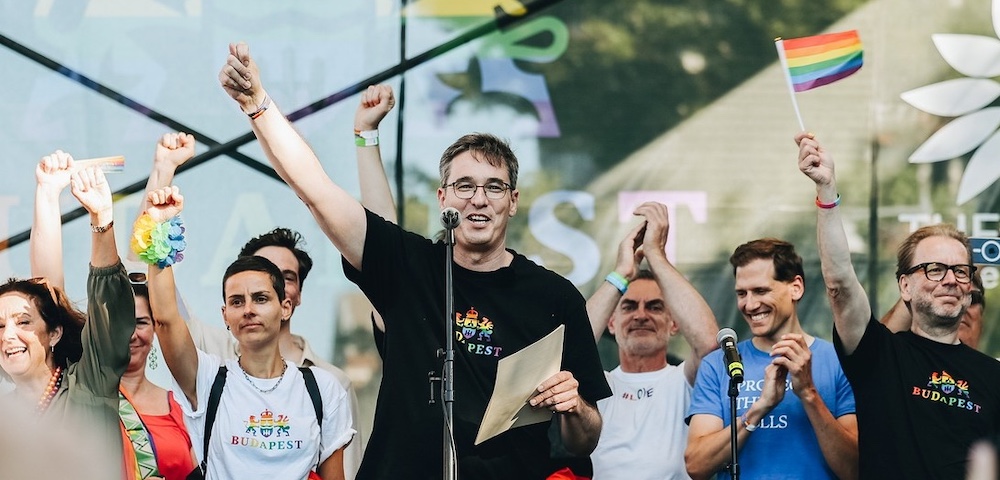
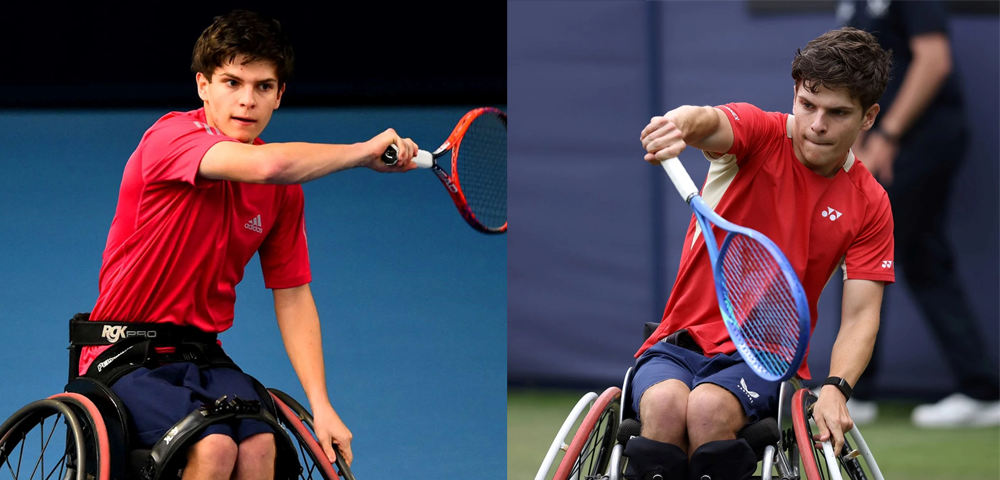
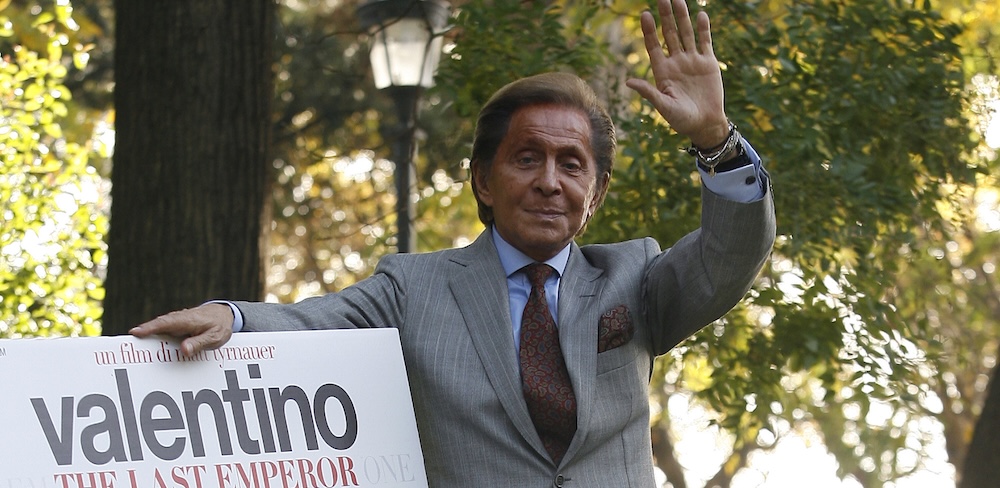

He came last.
Not fair showing a picture of two treats I can’t have, Tooji and Freia Milk Chocolate.
You, sir win the best comment award.
Shaun!
He still hasn’t admitted he’s gay ! I called him out on it on his facebook . Not as big a fan as I was
He’s typical man candy – looks but no farkin brains
Better than no looks and no brains huh?
Pete Pappas … Tooji :) :) :) :) :)
Allo allo:)
Kieran
Is he straight …. Does his mother know ?
I remember his performance from 2012 and he was robbed!!!! Great guy!
Hear hear!